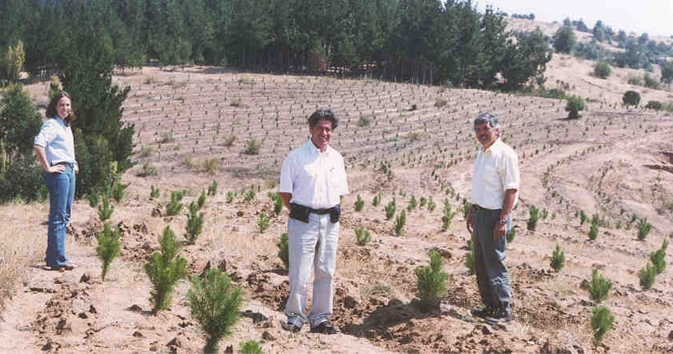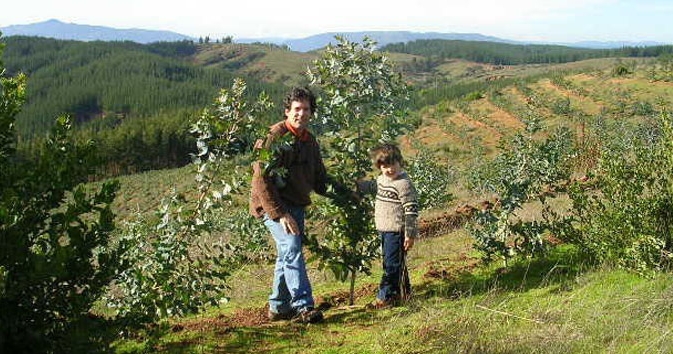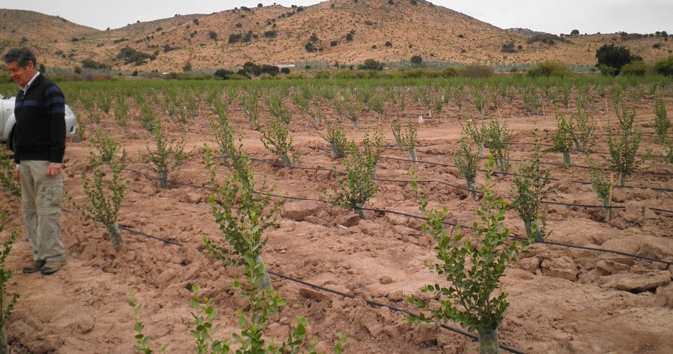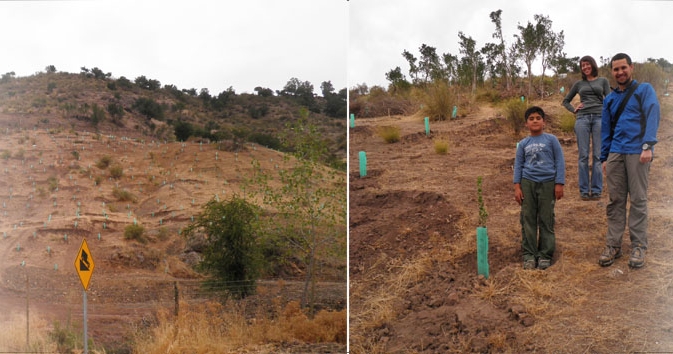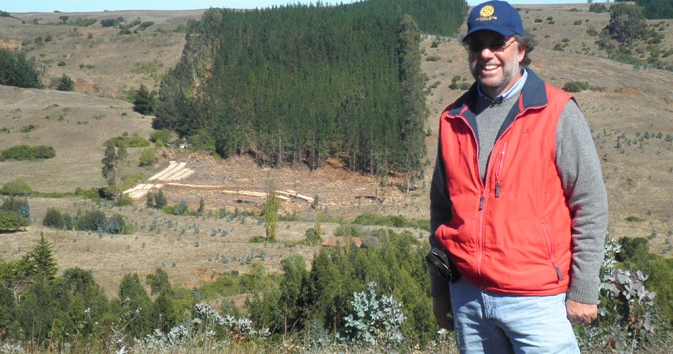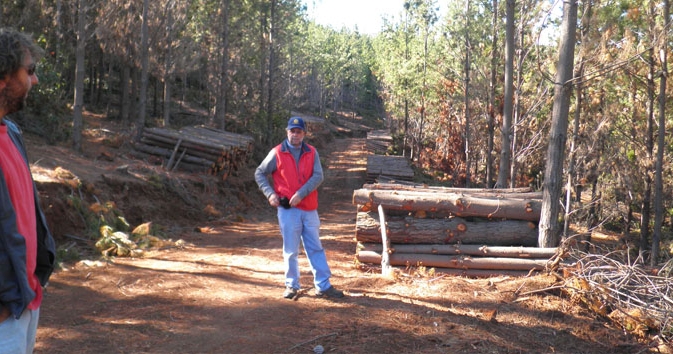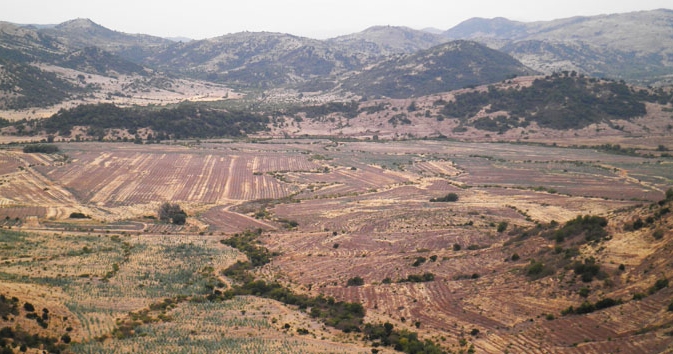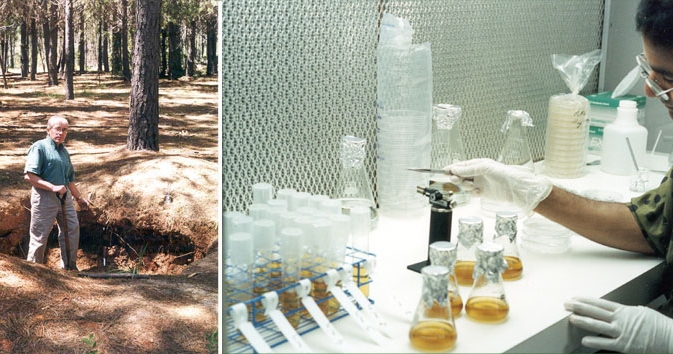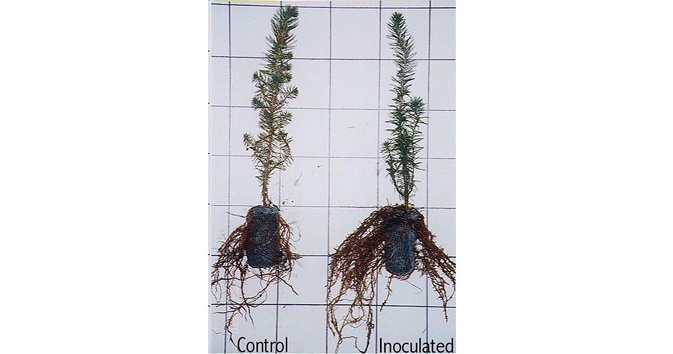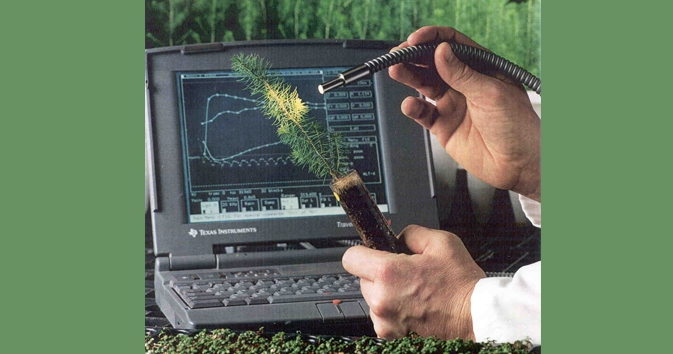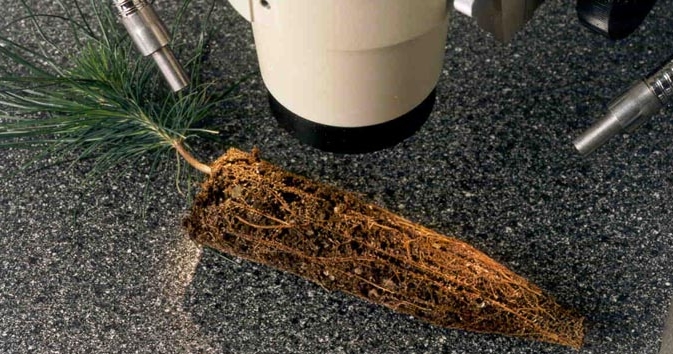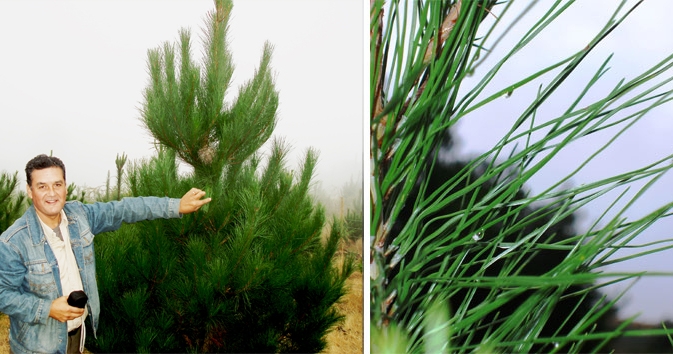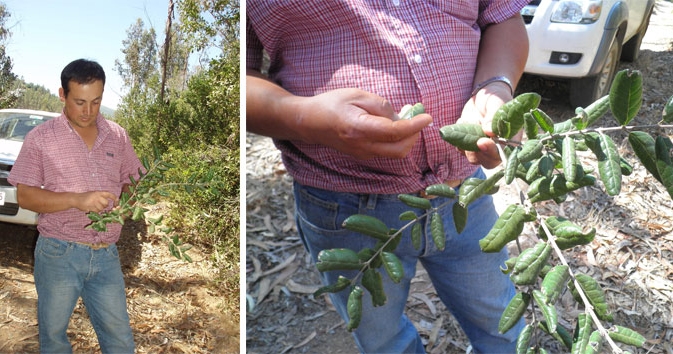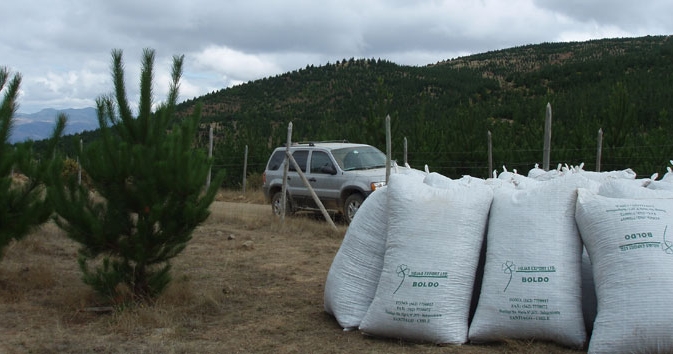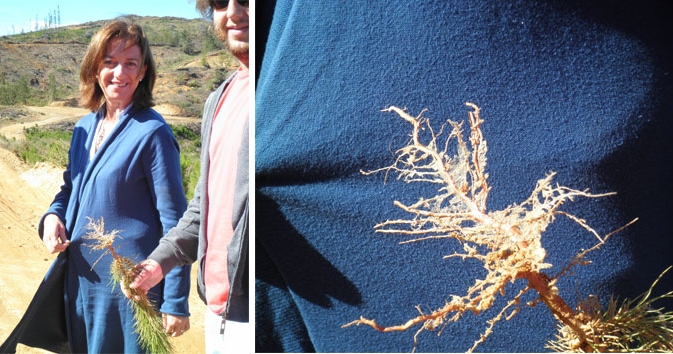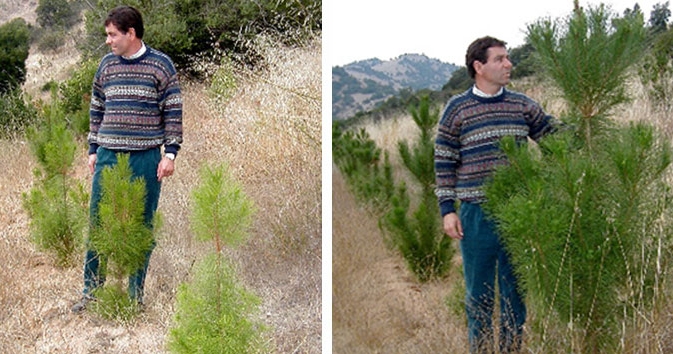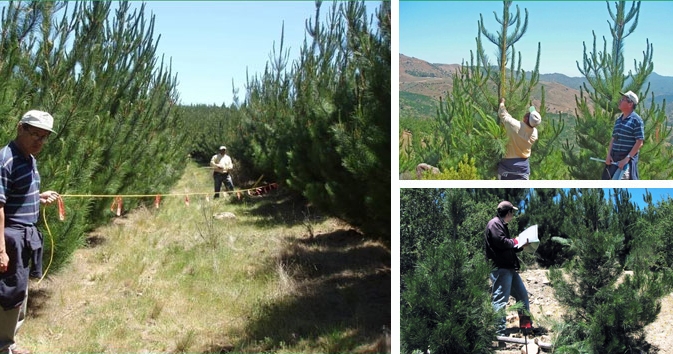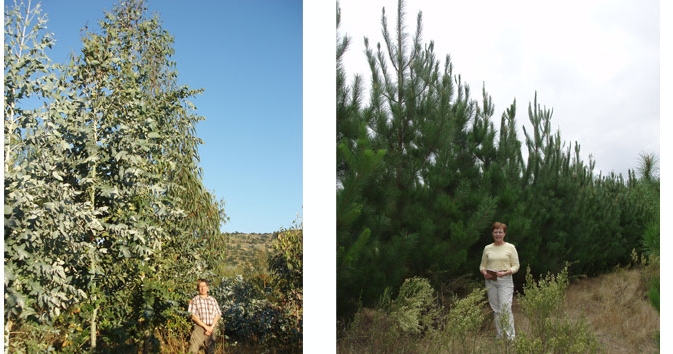UN Registration
NEWS RELEASE
Canadian Company Receives United Nations Approval On New Forest Management Technology
[Timmins, May 2010] Mikro-Tek, an environmental bio-technology company, based in Timmins Ontario, has received United Nations registration of their forest management technology. The company now has the first forestry project in Chile to be approved under the Kyoto Protocol. There are currently only seven other small-scale forestry projects world-wide to have received this designation under the Clean Development Mechanism (CDM) of the Kyoto Protocol. In addition to this, Mikro-Tek is the first Canadian company to complete the very stringent Kyoto registration process for forestry based projects, said President, Mark Kean.
Mikro-Tek is a privately owned company with its head office in Timmins, Ontario, Canada, and a branch office in Santiago, Chile. Since 1990, the company has been developing its proprietary technology for the production and application of natural soil microbes, called mycorrhizae, which improve the health and growth rates of plants.
In nature, healthy soils naturally contain these beneficial organisms. However, disturbance to the soil from industrial processes such as forestry cutovers, large-scale agricultural practices, or mining activity, destroys these beneficial micro-organisms, Kean explained. The commercial application of these microbes to forest seedlings prior to planting reduces the need for chemicals such as fertilizers and herbicides, and provides increased stress resistance to plants before they are exposed to environmental stresses such as transplant shock, or extremes of temperature and moisture. These micro-organisms also help the newly planted seedlings adapt to the extreme weather patterns associated with climate change.
In 1999, with assistance from the Northern Ontario Heritage Fund, Mikro-Tek carried out a large-scale demonstration project in Canada’s commercial forestry sector. Measurement data collected from 10 million seedlings showed average growth increases of 25%, over three years, as a result of this technology. That allowed Mikro-Tek to obtain commercial product registration from Agriculture Canada. Last year some of those Canadian sites were re-measured and revealed that the growth increases have remained constant, and in some cases, have improved over the twelve year period, Kean said.
Tree planting has been recognized globally as a natural means of sequestering atmospheric carbon, thus reducing the negative impacts of greenhouse gasses that contribute to climate change. In the process of photosynthesis, plants remove carbon dioxide from the air, release oxygen and store the carbon in their biomass (stems, branches, roots etc.) This UN certification recognizes that any increase in the growth of plants as a result of Mikro-Tek’s technology, carries a corresponding increase in the amount of carbon that is removed from the atmosphere.
The technology was originally developed for pine and spruce species used in reforestation efforts across the Canadian boreal forest. Under contract with Industry Canada Mikro-Tek went on to demonstrate the carbon sequestration benefits of their technology in Chile, where trees grow faster than northern species due to a year-round growing season. In 2003, a Pilot Project was established under the Kyoto Protocols CDM process, in partnership with a number of small landowners on unproductive grazing land in central Chile. Over its initial term of 20 years, this Pilot Project is expected to generate 2.4 million carbon credits.
Now that our first Pilot Project in Chile has received approval under the Kyoto Protocol, we are ready to expand into further projects in the Canadian boreal forest once a North American carbon trading system becomes operational, Kean commented. Mikro-Tek has established the C-Trade Carbon Pool to aggregate carbon credits generated in their projects. Currently the Carbon Pool holds approximately 1.4 million carbon credits from forestry projects in Chile, and 500,000 carbon credits from pilot projects in the Canadian boreal forest. Now that this technology has been registered under the Kyoto Protocol, we are planning to expand our projects, both in Canada and internationally, said Kean.

